Scenes from the Reject Drawer
 Welcome back cats, kittens, lovers and other strangers. You are probably asking, “Where have you been?” What, you weren’t asking? OK then I won’t tell you. Let’s just say that I finally got my television repaired – the power supply blew in a lightning storm last Fall – and since then I’ve been spending too much time sitting on the couch watching airplane disaster documentaries and playing Candy Crush. That isn’t to say that my brain has not been generating a host of fascinating ideas, it’s just that none have come to fruition. They’ve all gone into the Reject Drawer.
Welcome back cats, kittens, lovers and other strangers. You are probably asking, “Where have you been?” What, you weren’t asking? OK then I won’t tell you. Let’s just say that I finally got my television repaired – the power supply blew in a lightning storm last Fall – and since then I’ve been spending too much time sitting on the couch watching airplane disaster documentaries and playing Candy Crush. That isn’t to say that my brain has not been generating a host of fascinating ideas, it’s just that none have come to fruition. They’ve all gone into the Reject Drawer.
Every writer, cartoonist, musician, and inventor has a drawer full of rejected ideas, half-formed blobs, snippets of nothingness, and various allusions to brilliance that would require excessive effort to complete. The reject drawer exudes a miasma of laziness. Recording artists periodically gather up all of the effluvia and monetize it in the form of a “boxed set.” The writer is not so fortunate. His unfinished scribbles remain hidden from view until after his death, at which time someone dumps the contents of the reject drawer into a box and donates it to a university library, generating a nice tax deduction for the estate. Generations of graduate students then paw through the tailings and, if the estate is lucky, the cream is skimmed from the pile and published. The compilation’s editor is typically a professor with dubious creative credentials, a hefty wife, a hefty mortgage, and dreams of writing the Great American Novel. But his compilatory efforts ensure that the dead writer lives on, at least as an academic concept.
The blogger enjoys no such posthumous notoriety. His is a stream of consciousness existence. It is assumed that, if he has anything intelligent to say, it will be immediately splorted out into the online world for the consumption of the digitized masses. Once he departs this mortal world, his contribution to society will end. No graduate student will search through his hard drive, much less his drawers – wooden or otherwise – searching for the unpublished nugget that will form the basis of a Master’s thesis. If he wishes to bestow upon the world the contents of his reject drawer, he’d better do it while he is still breathing.
So – not that I am planning to cross over the River Jordan anytime soon but one never knows when one might get hit by a truck especially in Houston – for the benefit of some future grad student, here are all the snippets, outtakes, unfinished ideas, and general crap that’s been percolating around in my head for the last couple of months.
Outtakes from “Another Pearl Harbor Doesn’t Suck”
… My friend turned to me. Our gazes met. And each voiced the thought of the other: “This could suck.”
… Full disclosure: I don’t get out much anymore. The club scene holds little promise when the opening act goes on after my bedtime. And I refuse to join those fifty-somethings in their lawn chairs on the slope of The Woodlands Pavilion, listening to a backing-track-supplemented Fleetwood Mac whose voices and bodies have been distorted by the funhouse mirrors of time.
… When we purchased tickets to the four-band performance at the Scout Bar, we assumed that, with an address just one zip code digit from mine, it would be a short drive. Two hours in Houston’s notorious Friday evening traffic brought us to Webster, instilled with a new appreciation for the complexities of the US postal system.
… The first indication that we were out of our depth was the number of piercings in the face of the man who took our tickets. He must have to sleep sitting up. Entering the bar, I noticed that we were the only people there who were over thirty, not dressed in black, and not displaying multiple tattoos. I was glad that I had talked my friend out of wearing the leopard-print dress, high heels, and pearls.
… Two bands on the bill described themselves as “post-rock.” As far as I could tell, “post-rock” means “currently sucks.” The two bands could have been clones: tattooed rhythm section, one guitar laying down power chords, another guitar playing a formless lead, and an overweight singer whining words that were devoid of a discernible melody or chorus.
… I recalled a scene from an Andrew Gold concert in a dilapidated gym in an equally dilapidated state college best known for selling civil engineering degrees of dubious value to unintelligent Libyan and Iranian boys. During a guitar solo, an ancient, overweight rent-a-cop stationed near the stage clapped his hands over his ears and wandered off down a nearby hallway. He blocked his ears listening to Andrew Gold? What if the concert had been – I don’t know – Pantera or Megadeth? I guess he would have pulled out his service revolver and blown a .38 slug right through his poor tortured brain.
… As Another Pearl Harbor took the stage, a girl nearby turned to us and asked, “Is your son in the band?”
I never finished this, but the moral of the story is that Another Pearl Harbor doesn’t suck. In fact, they are quite good. Here’s a sample…
And for you fifty-somethings out there, they also do a great cover of The Commodores’ “Easy.”
Snippets
Stephen Doster, “River From A Dream.” Austin-based guitarist, songwriter, and producer Stephen Doster sums up his career by observing, “My name is on the back of many more records than on the front.” I can appreciate his accomplishments, having in a previous life spent many hours in record stores reading the backs of albums. It was a cost-free activity that provided conversational material that made me the life of any party (“Hey, did you know that Ariel Bender’s real name is Luther Grosvenor and he played in Spooky Tooth and Stealers Wheel before he was in Mott the Hoople?”)…
A Carnival of Hours, “Fort Wrong.” I’ve been hearing a lot of this lately: a mix of folk, surf, Velvet Underground, and what REM might have been if Michael Stipe had pulled his head out of his ass…
Ruth & Trudy, “Greens.” It isn’t every day that you run across a band from the Bratislava Region of Slovakia…
Clams, “i need you.” Not sure what to say about this one, but it was intended to be in a post about good songs for Valentine’s Day. You probably need to turn the volume up a bit…
Hmm. Looks like it went into Clams reject drawer, too. There should be a law that says once you put a song on the internet, you have to leave it there forever, No soup for you, Clams!
The Clams, “Jim Song.” This is a wild card. I came across it while searching Bandcamp for previous track. Nice song!
Outtakes from “Back in the Day”
… Back in the day, female singers did not require boob jobs, auto-tune, backing tracks, or a stage full of dancers. They just got up there and belted it out. Here’s Janis Joplin in a powerful rendition of “Cry Baby.” Yeah she’s probably drunk, stoned, strung-out, got the junkie itch, sometimes flat, all of the above. But it’s pure, honest, moving, raw, human emotion. Can you imagine Beyonce giving this performance? It would cause a major scandal. But this is what the blues were supposed to be. If you can watch this without being moved then I honestly feel sorry for you.
… There was a time, back in the day, when Cajun fiddler Doug Kershaw was cool, practically a rock star. There was a time when his brother, Rusty, appeared on Neil Young’s On the Beach album and wrote the album’s liner notes. How cool is that? Here’s a somewhat older version of Doug, from 1990, tearing it up with “Diggy Liggy Lo.” Tell me this doesn’t get your feet moving!
I’m not sure those folks dancing were ever cool, but you never know. I’ll bet some of those old ladies were pretty hot stuff back in the day. And in case you were wondering, the lyrics in the first verse are…
Diggy Diggy La and Diggy Diggy Lo
Fell in love at the Fais Do Do
The pop was cold and the coffee chaud
For Diggy Diggy La and Diggy Diggy Lo
A “fais do do” is a Cajun dance party. The words are baby talk for “go to sleep.” As in, “go sleep-sleep.” Here’s a scholarly discussion of the expression from Folklife in Louisiana. And “chaud” means “hot.” The pop was cold and the coffee hot.
… Back in the day, a war movie could be subtly anti-war without beating you over the head with the idea. Here we see Donald Sutherland and his friends, in a classic scene from Kelly’s Heroes, blasting the heck out of the enemies of democracy while Hank Williams, Jr.’s “All for the Love of Sunshine” blares from a loudspeaker mounted on the tank.
And yes, that’s an anachronism. The action takes place in 1944; the song didn’t show up until 1970. Now here’s Hank Jr. himself, back when he was trying to be a proper countrypolitan gentleman. Yep, that’s him, everyone’s favorite tailgatin’ buddy, before he slid down a mountain on his face and had to hide the damage with a beard, hat, and sunglasses.
Hairy Scandinavian Things
This is a film by Jason Glasser and Julien Langendorff. Other than that, I have no idea what it is. I saw it screened in a bar in Brooklyn, behind a performance by Matteah Baim. It was my first encounter with hipsters drinking PBR, and I was no doubt the least cool person in the room. I don’t expect you to watch the entire thing, but stick around until the two-minute mark when Bigfoot shows up. And if you can explain this to me, let me know.
I guess Scandinavians have a thing for hairy creatures wandering around in the woods. Here is Danish singer, actor, model, and Ex Cop member Amalie Bruun, in her guise as black metal musician Myrkur, having a really bad hair day.
Outtakes from Sh*t Your Dad Watched
… Sea Hunt (1958-61). Sea Hunt featured the adventures of Mike Nelson (played by Lloyd Bridges), a scuba diver and former Navy frogman. There was minimal dialog, as most of the action took place underwater. The diving scenes were always overlain with a steady pulse of “buddleup… buddleup… buddleup…” Which was the sound of air being exhaled through Mike’s aqualung. I used to take a pair of toy binoculars and sling them onto my back with the plastic strap around my neck, in imitation of Mike’s dual air tanks. Then I would walk around the house making a swimming motion with my arms and saying “Buddleup… buddleup… buddleup…” My dad started referring to the show as Buddleup, as in “When does Buddleup come on?” You would think that all that fake swimming would have translated into a love of water in my later years, but it didn’t work out that way…
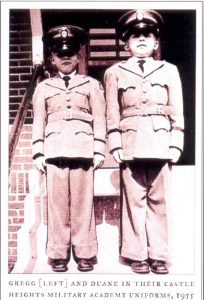 … McKeever and the Colonel (1962-63). My younger readers will not recall the military schools that used to dot the landscape, especially in the southern US. These were private boarding schools to which young men – even elementary school kids – were sent to become good citizens and good soldiers. The military science instructors were usually regular army officers and NCO’s on detached duty. By today’s standards it was rather strange. But back in the day it was considered an honorable way to gain a good education and to become a man. Central Tennessee, where I grew up, hosted two excellent examples, Castle Heights and Columbia Military Academy. Duane and Gregg Allman attended Castle Heights for a few years. That’s them in the picture at the top, two children decked out as soldiers, standing at attention, which gives you a pretty good idea of what the schools were aiming for. The post-Vietnam anti-military backlash, coupled with the post-desegregation boom in coed private day schools, put most military academies out of business. Today they are considered holdovers from a more primitive era.
… McKeever and the Colonel (1962-63). My younger readers will not recall the military schools that used to dot the landscape, especially in the southern US. These were private boarding schools to which young men – even elementary school kids – were sent to become good citizens and good soldiers. The military science instructors were usually regular army officers and NCO’s on detached duty. By today’s standards it was rather strange. But back in the day it was considered an honorable way to gain a good education and to become a man. Central Tennessee, where I grew up, hosted two excellent examples, Castle Heights and Columbia Military Academy. Duane and Gregg Allman attended Castle Heights for a few years. That’s them in the picture at the top, two children decked out as soldiers, standing at attention, which gives you a pretty good idea of what the schools were aiming for. The post-Vietnam anti-military backlash, coupled with the post-desegregation boom in coed private day schools, put most military academies out of business. Today they are considered holdovers from a more primitive era.
McKeever and the Colonel was set in the fictional Westfield military academy. The show featured the zany antics and wacky misadventures of Gary McKeever (played by Scott Lane), a well-meaning but adventurous young cadet who was always getting crosswise with The Colonel (played by Dean Wormer). It came on early Sunday evening. I remember watching it frequently, but now I can’t describe a single episode. McKeever and the Colonel likewise failed to make a lasting impression on the viewing public, and the show folded after a single season. As you can see by the following clip, the activities that took place in a military school might be considered child abuse by the parents of today’s generation.
And Finally…
Our story opens in 1984, when Lebanese singer Azar Habib records “Habbeetik,” a love song with lyrics in Arabic. I know it doesn’t sound like a love song to Western ears, but I suppose “Whole Lotta Love” does? Years later the song turned up in Sweden. A pair of Swedes, with nothing better to do and no hairy woods creatures to stalk, heard the song and thought the Arabic words were reminiscent of Swedish. They wrote out the “mis-heard” lyrics in their native tongue, changing the title to “Hatten Ar Din” or “The Hat Is Yours.” Still later, another Swede with time on his hands created a crude Shockwave video for the song using Azar Habib’s music, captions of the Swedish lyrics, and vaguely Middle Eastern imagery. The result was a totally bizarre internet sensation back when download speeds were just a fraction of what is today considered the minimum required for viewing a video. You had to wait for it, but plenty of viewers did. Be sure to click off the ads in order to see the lyrics.
An English translation of the Swedish “lyrics” can be found on Everything2.com. As you can see, it was probably much funnier to people who actually speak or read Swedish. English speakers are missing out on half the joke. But it’s still a fascinating artifact of an earlier era. And a great song in any language.
And that is about it for the Reject Drawer. There isn’t anything left in there except a few bent paper clips and some erasure detritus. Tune in next week when we may actually offer a real review of real music.
You stay classy, San Diego!


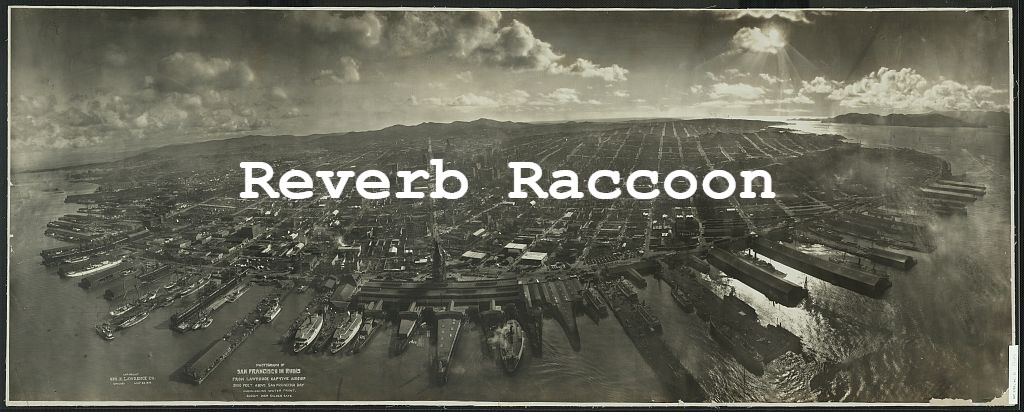
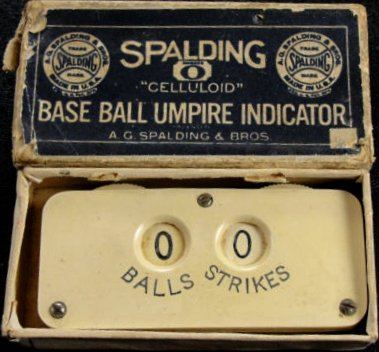
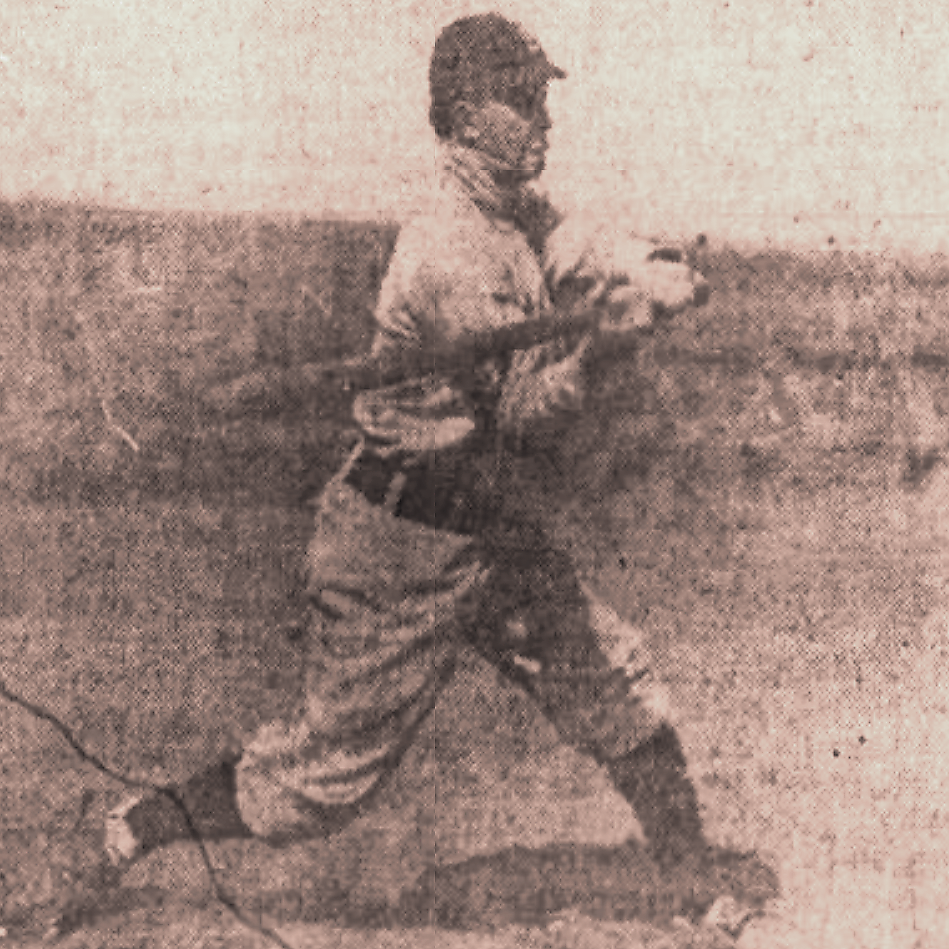
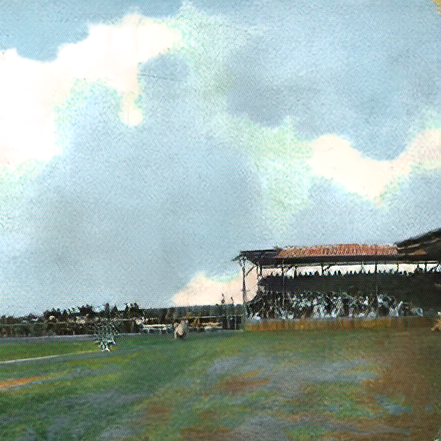
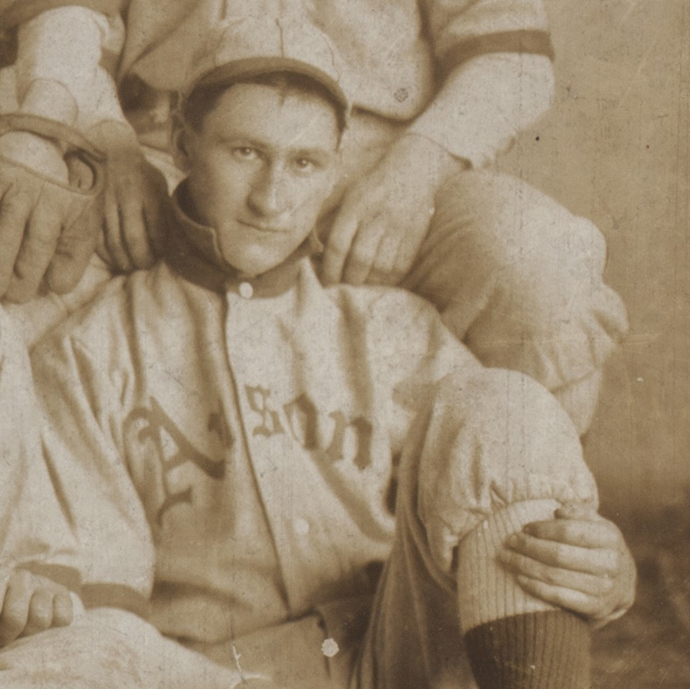

Hey,
just want to add that Ruth & Trudy are actually from Texas and the label Z Tapes is based in Bratislava, Slovakia. Thanks for sharing.
Filip